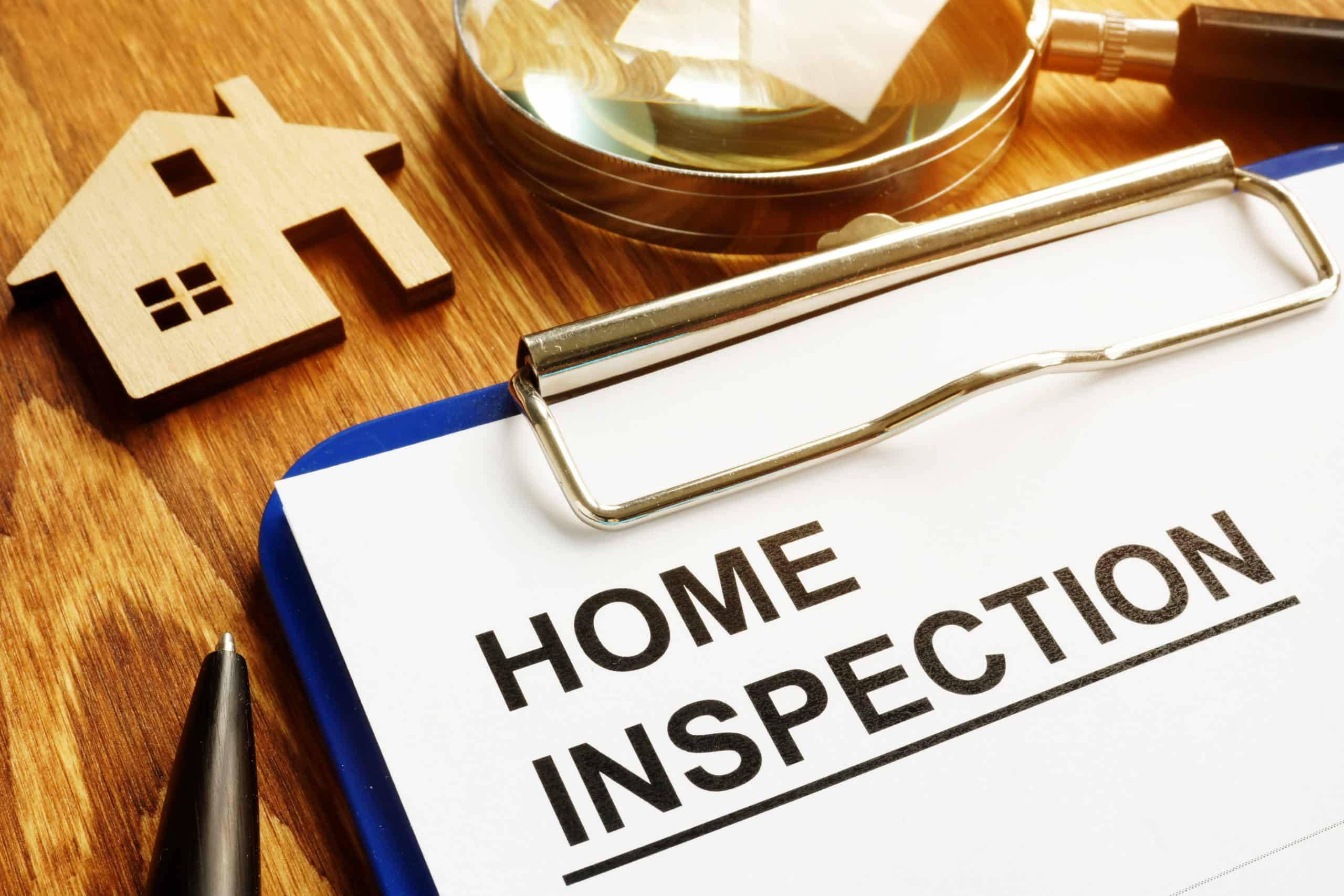Home Inspections: How Long They Take and Why
A home inspection is an essential step in the process of buying a home. It provides buyers with important information about the property, ensuring that they are making an informed decision. An important question for buyers is how long a home inspection takes, and why it takes that amount of time. In this blog post, we will discuss the typical time frame of a home inspection, as well as why it takes that amount of time.
Pre-inspection research
Before hiring a home inspector, it’s important to do your research. You should check that the inspector is licensed and insured, ask for references from previous clients, and read reviews online. Once you have identified a few potential inspectors, contact them to learn more about their experience, credentials, and services offered. Ask if they specialize in any specific areas (like radon testing or pest control) and be sure to get a written estimate of the costs. Knowing what to expect ahead of time will help you make an informed decision and ensure the process goes as smoothly as possible.
Scheduling the appointment
If you are in the process of buying or selling a home, it is important to plan ahead when scheduling a home inspection. Home inspectors typically require 24-48 hours notice before an inspection can be performed. Before scheduling the appointment, it’s important to ask questions about the inspector’s qualifications and availability.
When choosing an inspector, look for someone with relevant experience in residential inspections and make sure they carry professional liability insurance. Ask if they offer any additional services such as radon testing and/or moisture testing.
Additionally, you should inquire if they provide detailed inspection reports that can be used for reference and to ensure that any required repairs are completed in a timely manner. Make sure to discuss the fee associated with the inspection and determine the payment method prior to scheduling.
It is also important to note that some inspectors may have restrictions on the types of homes they inspect based on their experience level. Make sure to research an inspector’s qualifications before scheduling the appointment.
Once you have done your research and chosen an experienced home inspector, you can move forward with scheduling the appointment. Scheduling the appointment should take place as early as possible in order to ensure a timely inspection. Be prepared to provide the address of the property, as well as access information if necessary.
The inspector will also need to know whether there are any special areas of concern that should be inspected and what type of report they will be providing at the end of the inspection. All of this information will be essential when scheduling the appointment.
The day of the inspection
When it comes to the actual day of the inspection, you should plan to be present for the entire process. The inspector will need access to all areas of the home and your cooperation is essential for the process to go smoothly. During the inspection, the inspector will evaluate all components of the home, including the roof, exterior walls, windows and doors, electrical, plumbing, and HVAC systems. They will inspect for any damage or signs of wear and tear that could be costly to repair in the future. The inspector will also take photos and document their findings.
The inspection typically takes two to three hours. During this time, it’s important to stay out of the way and let the inspector do their job without interruption. If you have any questions or concerns, wait until the inspector has finished before discussing them.
Once the inspection is complete, the inspector will explain their findings and provide you with a written report that outlines any issues they uncovered during the inspection. You can then use this information to decide how you want to proceed with the purchase of the home.
After the inspection
Once the inspection is complete, your inspector will provide a written report detailing any defects that have been discovered. This report should include information about the condition of the structure, the systems, and any other items noted during the inspection. Be sure to read through the entire report and make note of any issues that may need to be addressed.
The inspection report should also include recommendations for further action or repairs if needed. In some cases, you may need to hire contractors or specialists to do any necessary repairs. Make sure to get a few quotes before making a decision so that you can find the best deal.
Your home inspector may also be able to provide additional advice on how to handle the problems noted in the report. In addition, the inspector may suggest preventive measures that could help you avoid future problems.
Finally, make sure that you keep a copy of the inspection report in a safe place so that you can refer to it if needed. This document can help provide peace of mind in knowing that any potential issues with your home were caught and addressed before they had a chance to become bigger problems.
